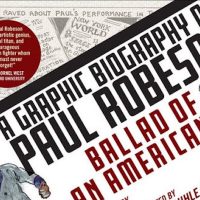-
Book Review: ‘Black Spartacus: The Epic Life of Toussaint Louverture’
Surrounded by assasination plots and having been deceived from all sides, Louverture “was extremely reluctant to communicate his intentions even to his leading military officers, or to share power with them in any meaningful way.”
-
Facts are stubborn things: ‘Exterminate All The Brutes’ review
Raoul Peck’s four-part documentary film about colonialism, slavery and genocide is a powerful and thorough exposition of the crimes of colonialism
-
Social reproduction feminism or socialist feminism?
On Susan Ferguson’s book “Women and Work: Feminism, Labour and Social Reproduction.“
-
Time for a new Toolbox
Review of Snowden’s ToolBox: Trust in the Age of Surveillance
-
BAR Book Forum: Stefanie K. Dunning’s “Black to Nature”
The author explores various social, political, and cultural sites that explore and highlight the Black pastoral experience.
-
Notes from the underground
Scott McLemee reviews The Man Who Lived Underground: A Novel by Richard Wright.
-
Review – The Care Manifesto, The Care Crisis
Reviewing two recent books on care in the 21st century, Emily Kenway suggests the only solution to the current crisis lies in a full-scale reorganization of our political economy.
-
Katherine Angel, ‘Tomorrow Sex Will Be Good Again: Women and Desire in the Age of Consent’
Katherine Angel’s intervention into post-feminist discourse fits the script of recent events and sits at what’s hopefully the tail end of post-feminist discourse, otherwise known as ‘the sex wars’.
-
Review – Misbehaving
A new edited volume emphasises that the personal is political and highlights the power of spectacular direct action, says Alice Robson
-
BAR Book Forum: Catie Coe’s Book, “The New American Servitude”
Senior care puts care workers into racialized, gendered, and age hierarchies, making it difficult for them to achieve social and economic mobility.
-
Review – ‘Bank Job’
Jake Woodier reviews a new documentary film that brings heist aesthetics to a story of debt activism
-
Jason Hickel introduces Degrowth – book review
Degrowth has arrived. It makes appearances in mainstream newspapers, radio discussions and even the blog pieces of mainstream economists. In the last year several books have appeared, one of them published in the UK, by Penguin no less.
-
Catastrophe and Utopia: Kim Stanley Robinson’s ‘Ministry for the Future’
We need no longer speculate about whether we live in a climate emergency. The scientific verdict has been out for some time now, each year’s report grimmer than the last.
-
Marxism and Intersectionality: Race, Gender, Class and Sexuality under Contemporary Capitalism by Ashley J Bohrer reviewed by Christian Lotz
In Marxism and Intersectionality: Race, Gender, Class and Sexuality under Contemporary Capitalism its author, Ashley J. Bohrer, presents a tour de force, offering and contributing to a wide-ranging debate that has occupied left academic and activist audiences for some time now.
-
Blood and Money
Join us for this discussion with David McNally (author, editor of Spectre Journal, Professor of History at University of Houston), joined by Maia Pal (HM editorial board) & Tithi Bhattacharya.
-
Capitalism, romanticism, and nature
Robert Sayre and Michael Löwy’s Romantic Anti-capitalism and Nature is an extremely interesting book—enjoyable, informative, and intellectually stimulating.
-
Capitalism and the Telos of the Neoliberal Civilizing Mission
In 1931 the British Colonial Office submitted a special report to the Council of the League of Nations on the “Progress of Iraq” in the previous decade. Since the First World War had ended with the dismemberment of the Ottoman Empire and the confiscation of its territories, Iraq had been governed as a British mandate, under the supervision of the League.
-
A renaissance fighter for freedom, justice, and peace
Released in 2019 on the 100th anniversary of Paul Robeson’s graduation from Rutgers University, Ballad of an American, brings Robeson’s creative and powerful historical presence to life through a striking graphic text and excellent afterword.
-
Caste does not explain race
The celebration of Isabel Wilkerson’s Caste reflects the continued priority of elite preferences over the needs and struggles of ordinary people.
-
Regicide or Revolution? What petitioners wanted, September 1648 – February 1649 by Nora Carlin
Norah Carlin’s analysis of the Levellers’ petitions reaffirms the radical nature of the English revolution, argues John Rees.

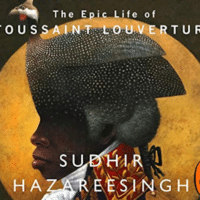
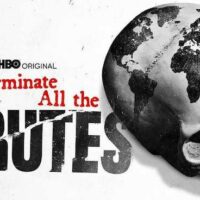


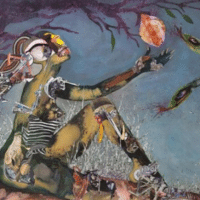
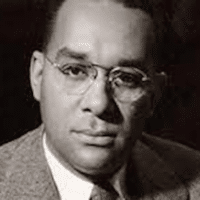
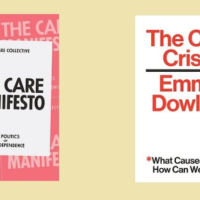
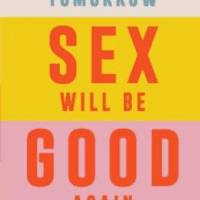
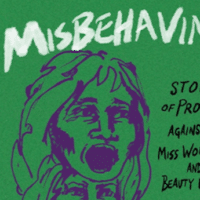


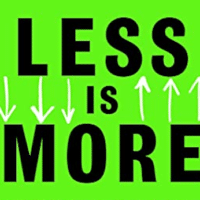
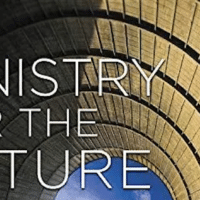
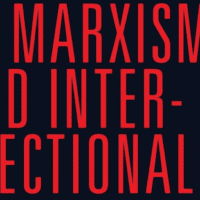
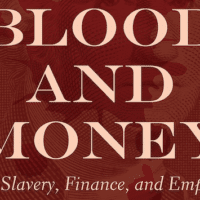
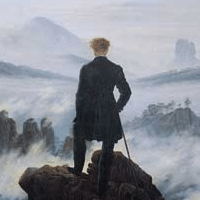
![Capitalism as Civilisation: A History of International Law (Cambridge: Cambridge University Press, 2020).]](https://mronline.org/wp-content/uploads/2021/01/capitalism-as-civilisation-200x200.png)
